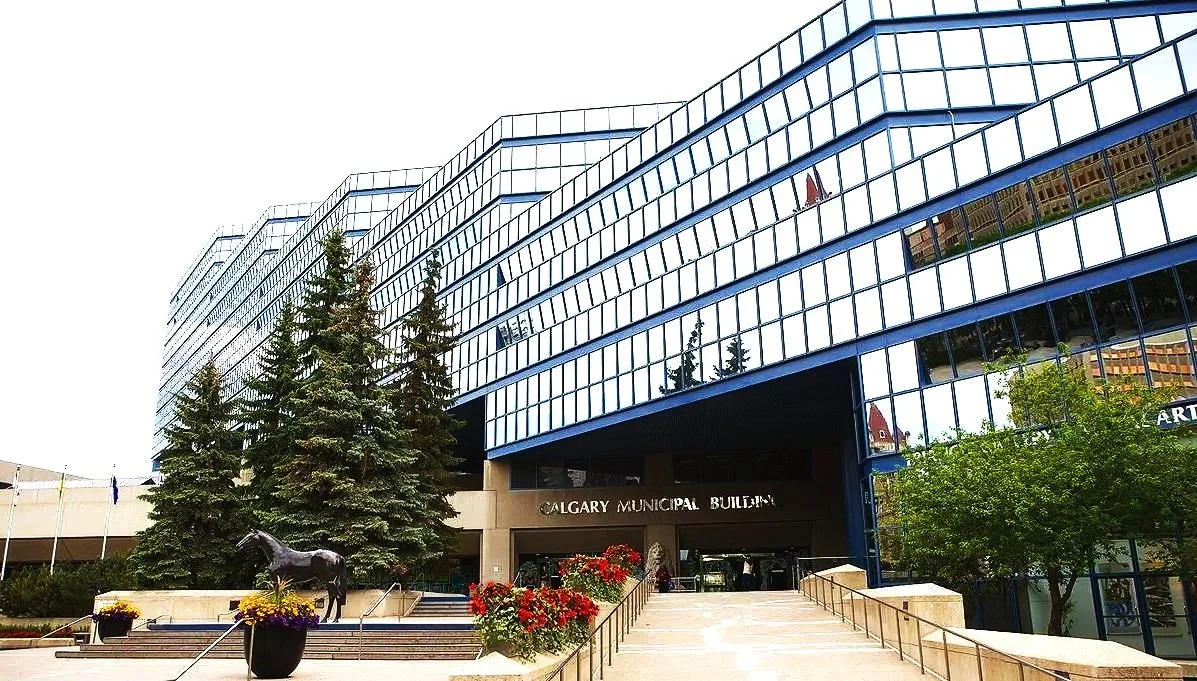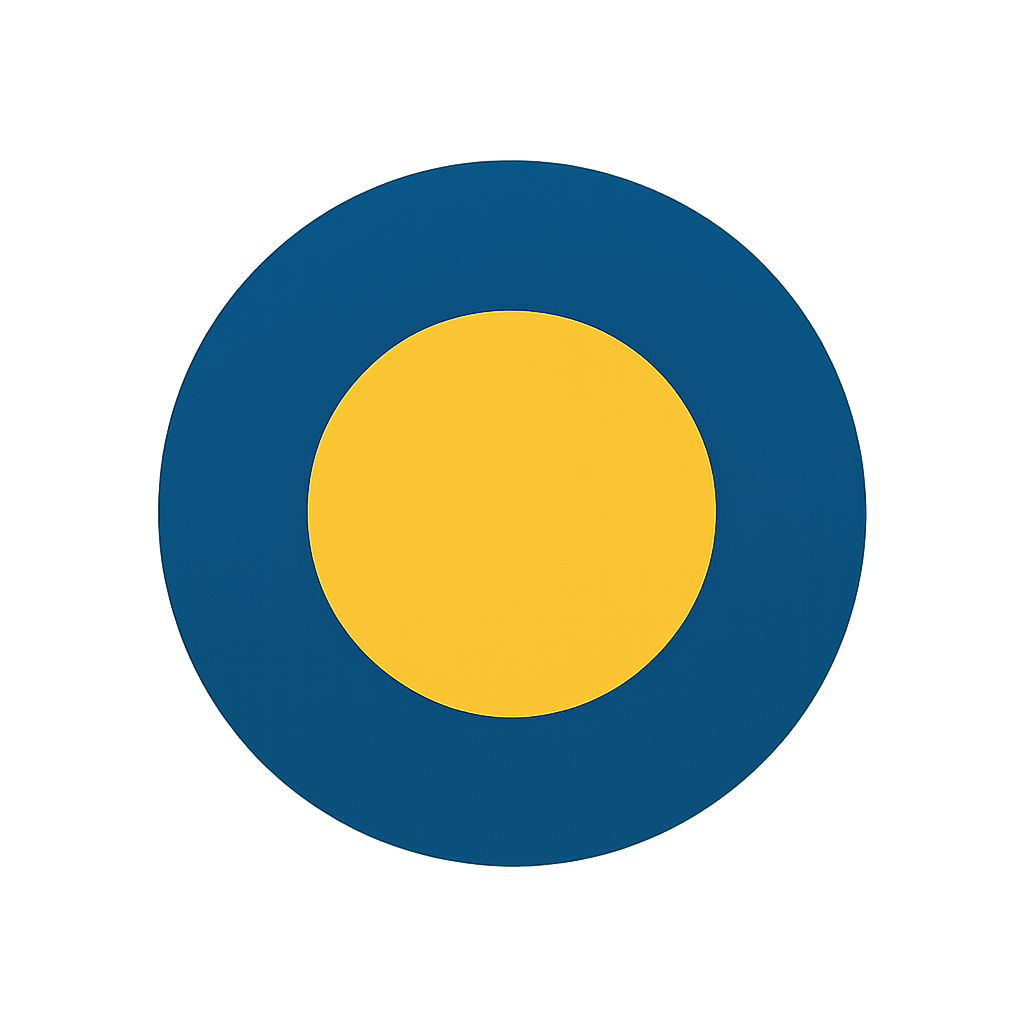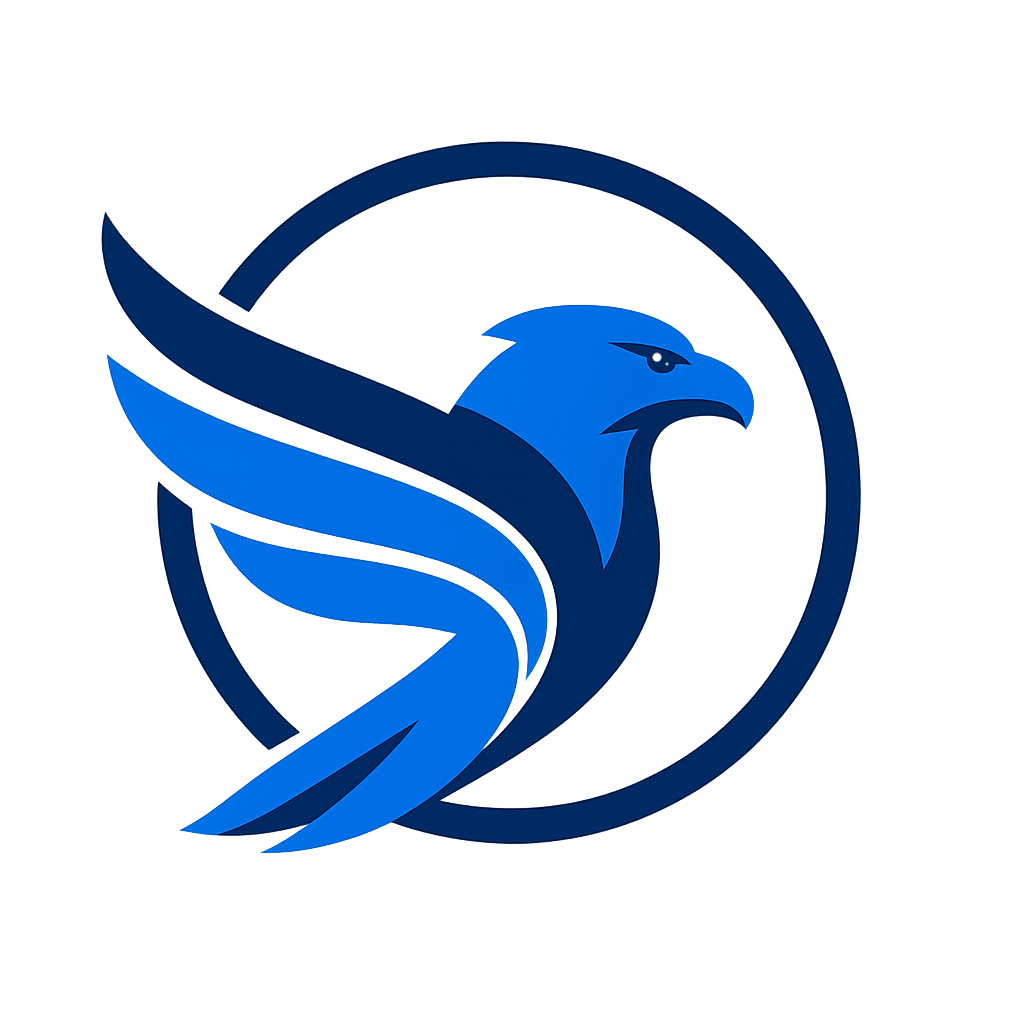
Calgary City Centre University
Schools of
Governance
Entrepreneurship
Health Science
Learning

Everyone learns.
-
Supporting gifted and twice-exceptional (2e) learners means creating an environment that both challenges their advanced abilities and scaffolds their areas of difficulty, always with awareness of their asynchronous development. This involves providing enrichment and acceleration opportunities where they excel, while offering explicit supports for executive functioning, social-emotional growth, and learning differences through tools like scaffolding, flexible learning pathways, and assistive technology. Teachers, families, and specialists should collaborate to ensure consistency, while mentorship and safe spaces help normalize difference and build resilience. By balancing strengths with targeted support, we allow these learners to thrive, develop confidence, and grow into their full potential.
-
Supporting learners with disabilities means ensuring equitable access to learning by providing individualized accommodations, assistive technologies, and flexible teaching methods that address diverse needs. It requires creating an inclusive environment that values their strengths while reducing barriers, whether through differentiated instruction, accessible materials, or alternative ways to demonstrate understanding. Patience, empathy, and high expectations are essential—recognizing that disabilities do not define a learner’s potential but may shape how they engage with content. Collaboration between educators, families, and specialists ensures consistent support, while fostering self-advocacy and independence empowers students to take ownership of their learning journey.
-
Supporting Indigenous learners means honouring cultural beliefs, traditions, and ways of knowing while also addressing the intergenerational impacts of colonization and trauma. Just as research has shown how cultural practices like rice cultivation in Asia foster persistence and precision that influence student attitudes toward mathematics, Indigenous knowledge systems hold unique strengths that can be nurtured in education. Many Indigenous communities emphasize relationality, holistic learning, and deep connection to land, language, and story—values that can be integrated into curricula to increase engagement and pride. At the same time, specialized supports, such as psychomotor training for eye movements, can address challenges linked to intergenerational trauma and support literacy development. The key is a strengths-based approach: build on cultural resilience, create safe and inclusive learning spaces, and provide targeted strategies that support both academic growth and cultural identity.

GUSTAFSON – The Visionary Genius Creating Calgary’s Future of Learning
No tuition. No debt. Just learning.
Canada’s first tuition-free university.






